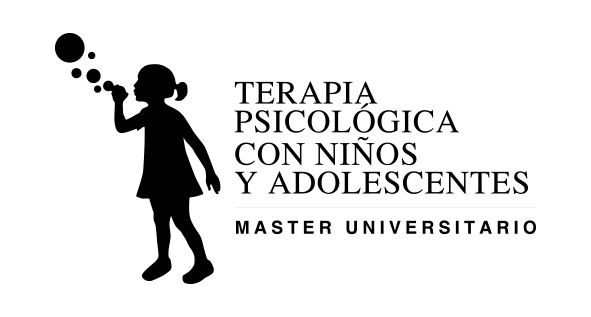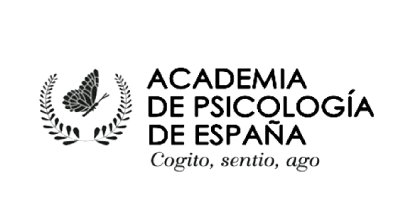Laura Justice
The Ohio State University, USA
Addressing the school-readiness needs of at-risk children
The first five of life are foundational for children’s cognitive, social-emotional, and physical development and to subsequent outcomes in a variety of domains. Considerable research shows that many children, including those from lower-income homes, arrive to school with limited ‘readiness’ in these areas. Consequently, researchers are seeking to advance empirical understanding of children’s ‘school readiness,’ including research on how to intervene in various ways to promote school readiness prior to school entry and to ease children’s transitions during the early years of schooling. In this symposium, we present four short communications regarding school readiness. First, Purtell and Logan present findings from a longitudinal study – The Kindergarten Transition Project – focused on children’s transition difficulties between preschool and kindergarten. In a longitudinal sample of 600 children, they examine characteristics of children who do and do not have difficulties with the transition to kindergarten as well as their subsequent academic and social-emotional outcomes. Second, Justice presents results of Summer Success, a four-week intensive summer readiness program designed to improve the literacy, math, social-emotional, and motor skills of high-risk children entering kindergarten. Third, Bleses, Jensen, and Slot present results of the only large-scale randomized control trials (88 daycare centers and 1,116 toddlers) designed to elevate the quality of instruction and opportunities for learning in early-education programs serving infants and toddlers in Denmark. Finally, Koury represents his ongoing investigation of summer learning loss in the summer between kindergarten and first grade, which helps to identify subgroups of children whose learning decelerates after kindergarten. This collection of papers presents state-of-the-art findings regarding school readiness, with theoretical and empirical relevance to clinical and health psychologist who work with young at-risk children.
Laura Justice is Distinguished Professor of Educational Psychology at The Ohio State University and executive Director of Schoenbaum Family Center and the Crane Center for Early Childhood. She is Editor-in-Chief of Early Childhood Research Quarterly journal. Among other honors, she has received the Annie Glenn Leadership Award in Speech-Language Pathology, the Editor’s Award (from American Journal of Speech-Language Pathology), the Early Career Publication Award (from Division of Research, Council for Exceptional Children), and the Presidential Early Career Award in Science and Engineering (from President G. W. Bush). Currently, her research interests focus on young children who exhibit developmental vulnerabilities in language and literacy acquisition.













